Breaking News: Pesticides Linked to Testicular Damage and Lower Sperm Counts
Researchers at George Mason University have uncovered alarming evidence that exposure to neonicotinoid insecticides, the world's most widely used class of pesticides, may cause testicular damage and lower sperm counts in animal studies. A decade-long review of 21 animal studies reveals consistent links between exposure and reduced sperm quality, hormonal disruption, and testicular damage. This finding has significant implications for human health, as widespread farm pesticides are often present in everyday foods.
According to the study, the researchers began their review in 2015 and continued it through 2024, analyzing data from 21 animal studies. The studies, conducted between 2009 and 2023, involved exposing animals to various concentrations of neonicotinoid insecticides. The results showed a clear correlation between exposure and reproductive harm.
The immediate impact of this research is a growing concern among health experts and policymakers. "These findings are a wake-up call for the agricultural industry and regulatory agencies," said Dr. [Name], lead researcher on the study. "We need to reevaluate the safety of these pesticides and consider alternative methods to protect human health and the environment."
The widespread use of neonicotinoid insecticides in large-scale farming has led to their presence in many everyday foods, including fruits, vegetables, and grains. This has raised concerns about the potential risks to human fertility and reproductive health. While the study's findings are based on animal data, the researchers caution that similar effects in humans could have significant implications for fertility and reproductive health.
The George Mason University study is part of a growing body of research highlighting the potential risks of neonicotinoid insecticides. In 2020, the European Union banned the use of these pesticides due to concerns over their impact on bee populations. The US Environmental Protection Agency (EPA) has also taken steps to regulate the use of neonicotinoid insecticides, but more research is needed to fully understand their effects on human health.
As the agricultural industry continues to evolve, researchers and policymakers will need to work together to address the potential risks of neonicotinoid insecticides. The George Mason University study serves as a reminder of the importance of prioritizing human health and the environment in agricultural practices.
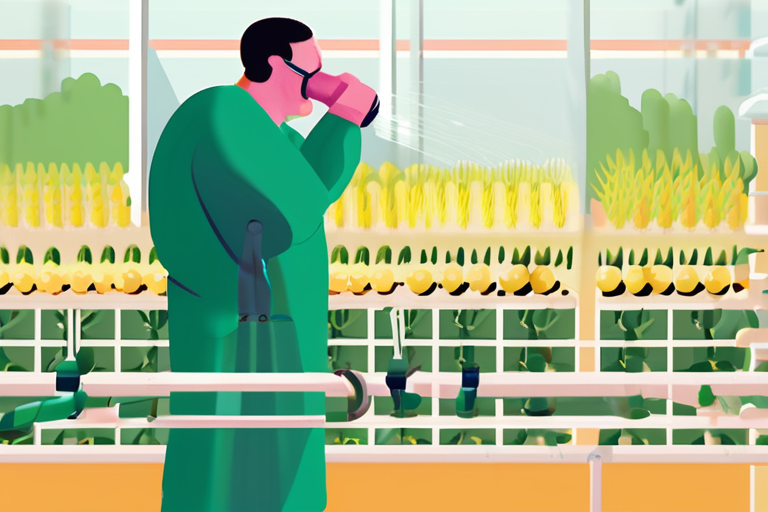






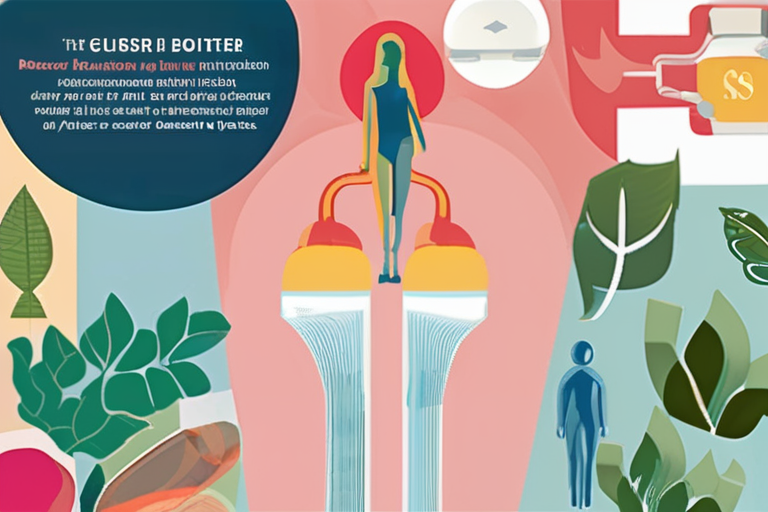




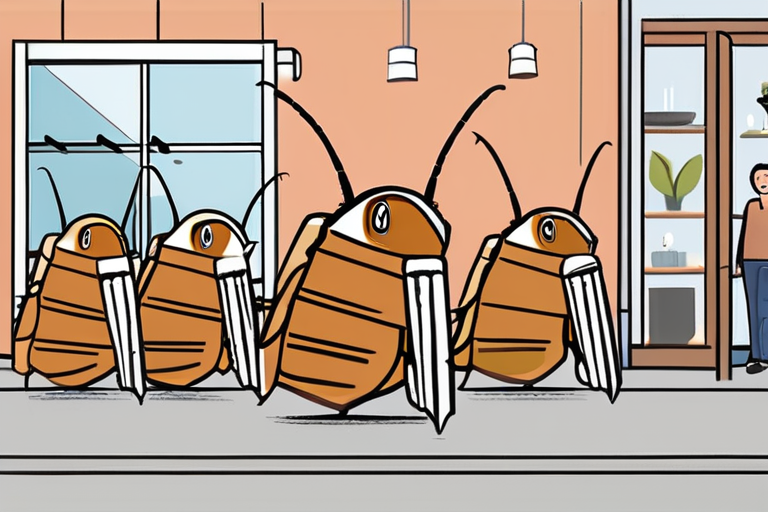
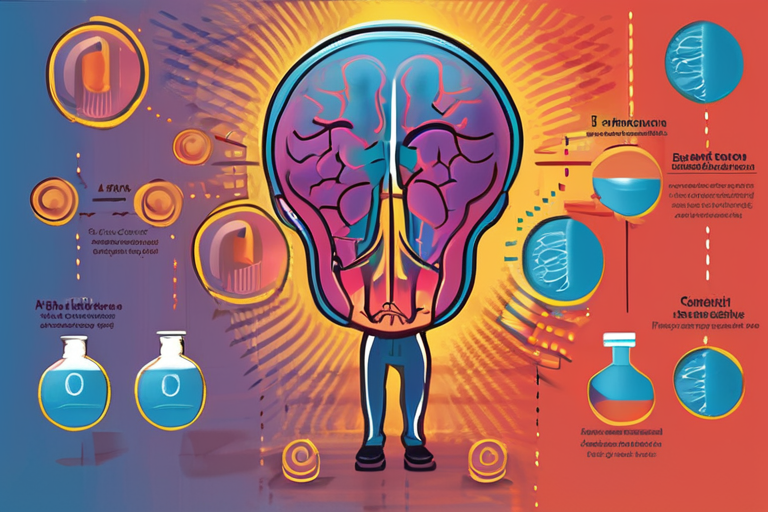


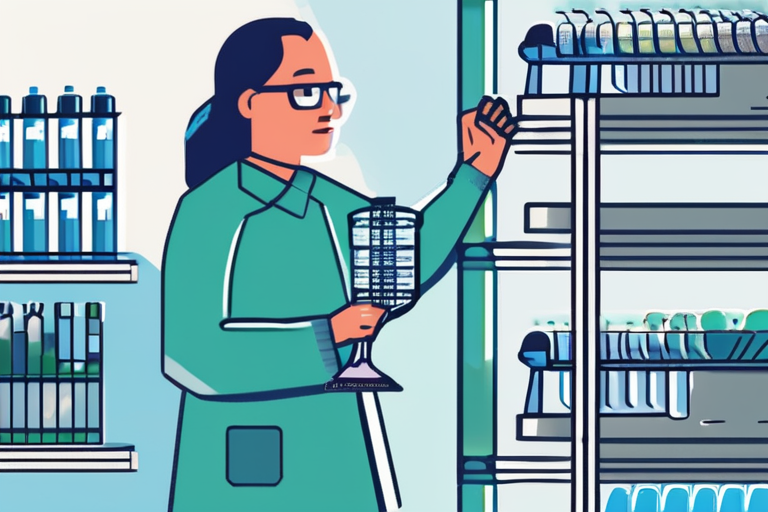




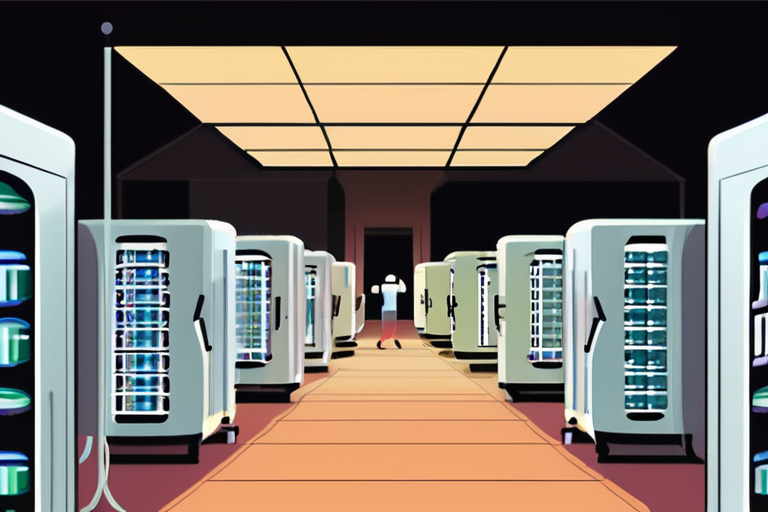



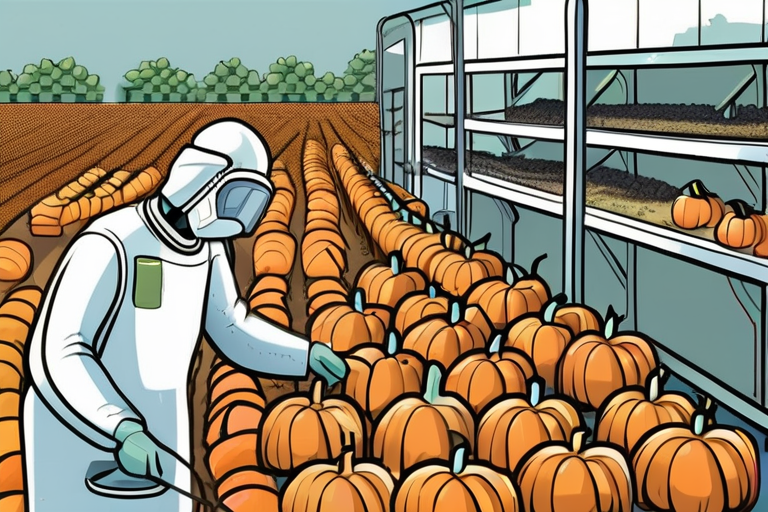

Share & Engage Share
Share this article